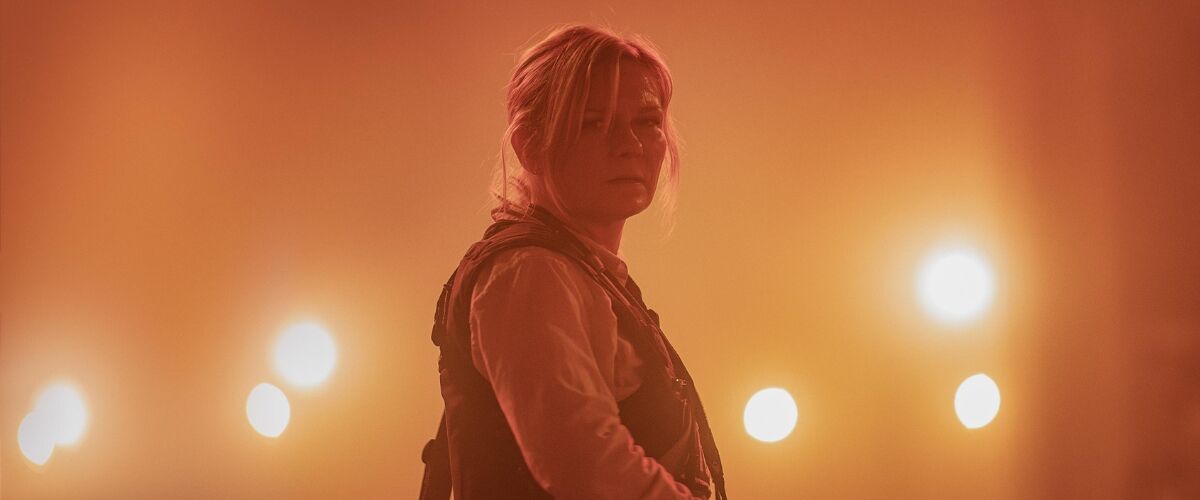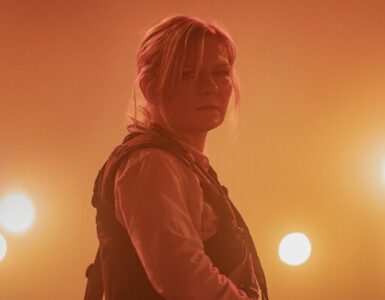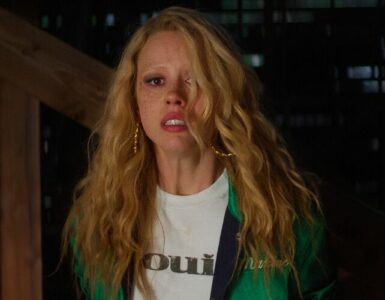This interview has been edited for clarity.
In a not-so-distant future, the fabric of North America has been torn asunder, giving rise to a civil war where two states have united to take down the current political system, leaving a society in the throes of collapse. As with any modern political conflict, we hear and read about it but documented proof lies with photojournalists entrenched with military units, who bear witness and document the spiralling descent into pandemonium.

But while the scenario forms the captivating backdrop of A24’s latest masterpiece, Civil War, helmed by the visionary mind of Alex Garland and led by Kirsten Dunst, the movie, set in the United States of America isn’t about the USA, but serves as a cautionary tale to all countries, societies and the people dealing with political strife or tension.
“I don’t like the idea that this film is solely focused on an American setting. The issues contained within the film are really global. There are Asian countries, African countries, Middle Eastern countries, many European countries and South America, which are facing exactly the same kinds of issues, to deal with polarization and populist politics. I hope it speaks to them, and makes them feel weary of weather, or otherwise,” says Garland, along with his leading lady, Dunst, in an exclusive interview with Geek Culture.
While Civil War delves into the fissures of societal discord, this tale transcends the mere concept of American turmoil, even as Dunst’s Lee, along with her colleague Joel (Wagner Moura, Elysium, The Gray Man), their mentor Sammy (Stephen McKinley Henderson, Lady Bird, Dune) and new arrival, Jessie (Cailee Spaeny, Priscilla) attempt to travel to Washington D.C. in an attempt to interview the President (Nick Offerman, Parks and Recreation). The events in this film can happen anywhere.
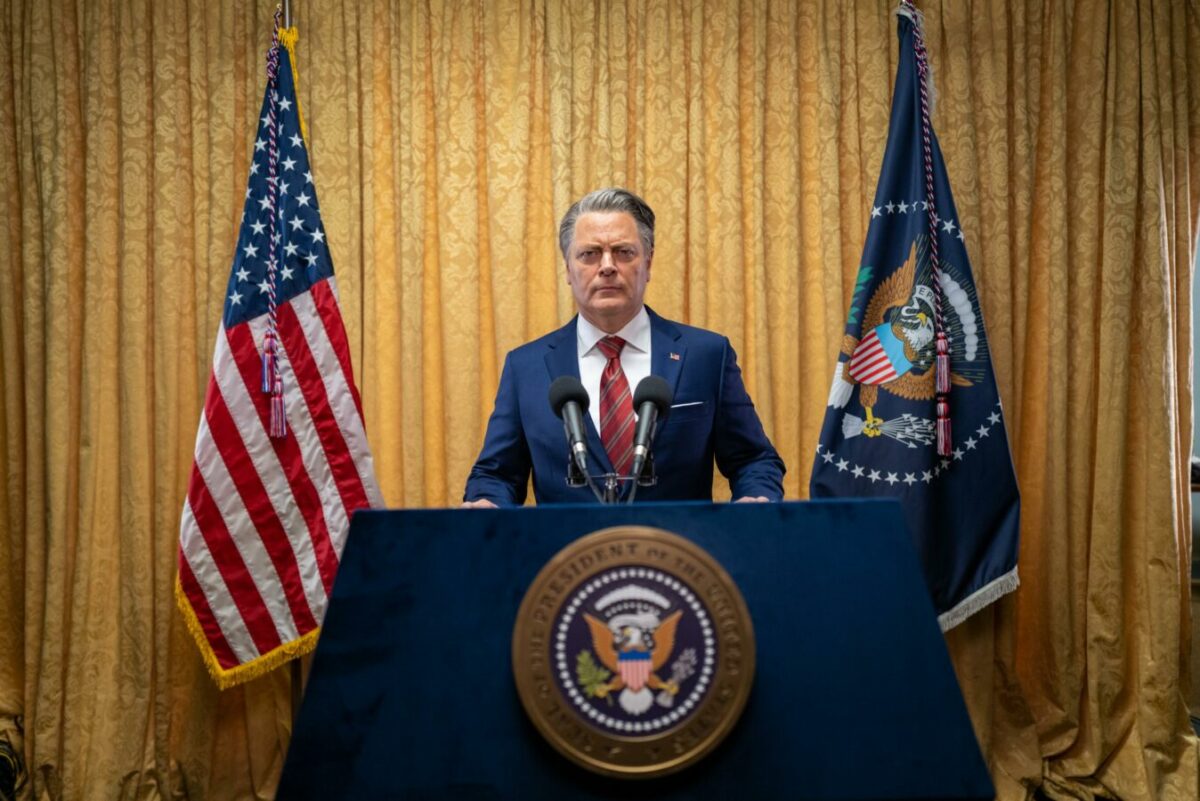
“It’s a cautionary tale to any country in the world, particularly many countries heading fast towards kinds of political divisions and kinds of political disagreement,” explains Garland.
“That that can lead surprisingly quickly, to things that are very bad. In fact, I think you could point easily to bad things happening already. So the consequences don’t have to be as clear as a civil war. It can influence who was in other countries, as well. So it’s a complex picture, but it is a cautionary tale.”
“If anything, it’s a film that raises questions and drives conversation,” clarifies Dunst.
“I think it’s up to the audience to you know, it really is that film that I feel like friends will see together and have be able to talk all night, which is rare when you get to see a movie like that. Now that really makes you think for yourself and not give. It doesn’t give you all the answer,” she reasons.
At its core, Civil War also embarks on a provocative exploration of journalistic integrity amidst the tumult of a fictionalised Second American Civil War. This cinematic journey, while charting a future conflict, resonates with narratives akin to tales of Western journalists covering the disintegration of foreign war-torn lands, drawing parallels with films like 20 Days in Mariupol, Whiskey Tango Foxtrot, and The Killing Fields.
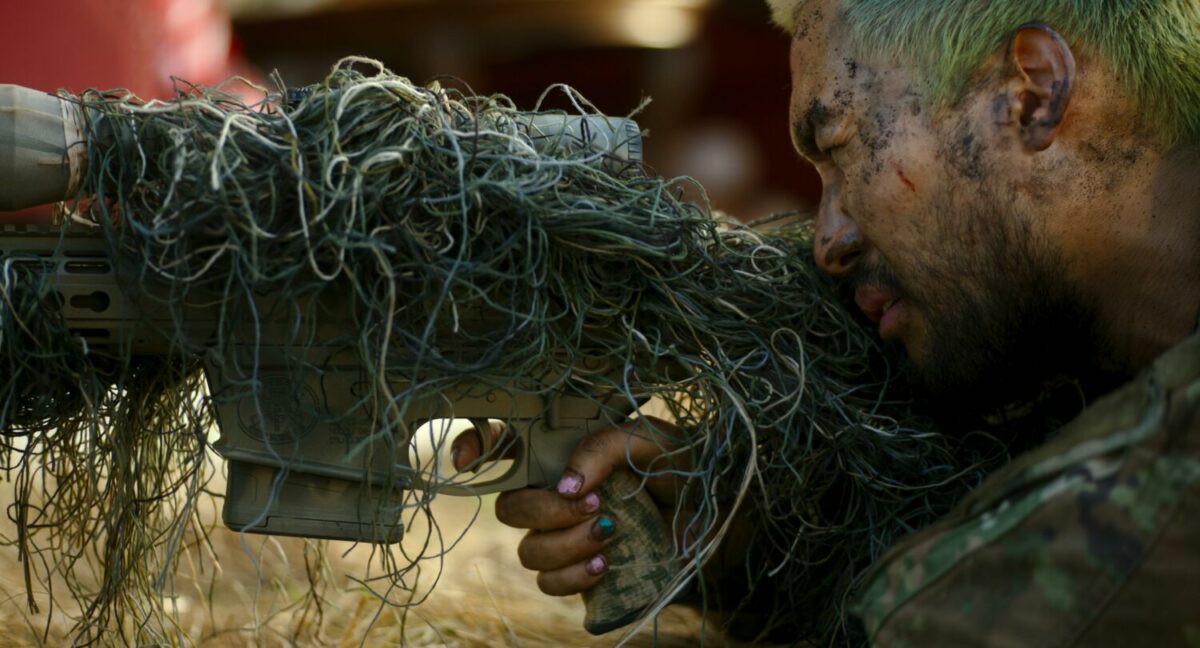
Garland, whose previous works including Ex Machina and Annihilation have captivated audiences with their thought-provoking themes, crafts yet another immersive world where there is no clear distinction of right or wrong, but that either way, it’s the people that suffer.
Through Lee, a seasoned photojournalist wrestling with the brutality that surrounds her, the audience navigates the complexities and consequences of a society divided, and the film marks the first time they have worked together, though Dunst notes and appreciates Garland’s no-nonsense approach to the film.
“Working with Alex, I felt very much part of the team, and very respected as an actress and a collaborator,” Dunst explains.
“He’s just very honest. There’s zero bullshit. I’m like that as well – I want to get directly to the point of things, I just want to be respected for my process. And I felt that way, and you get the best results that way.”
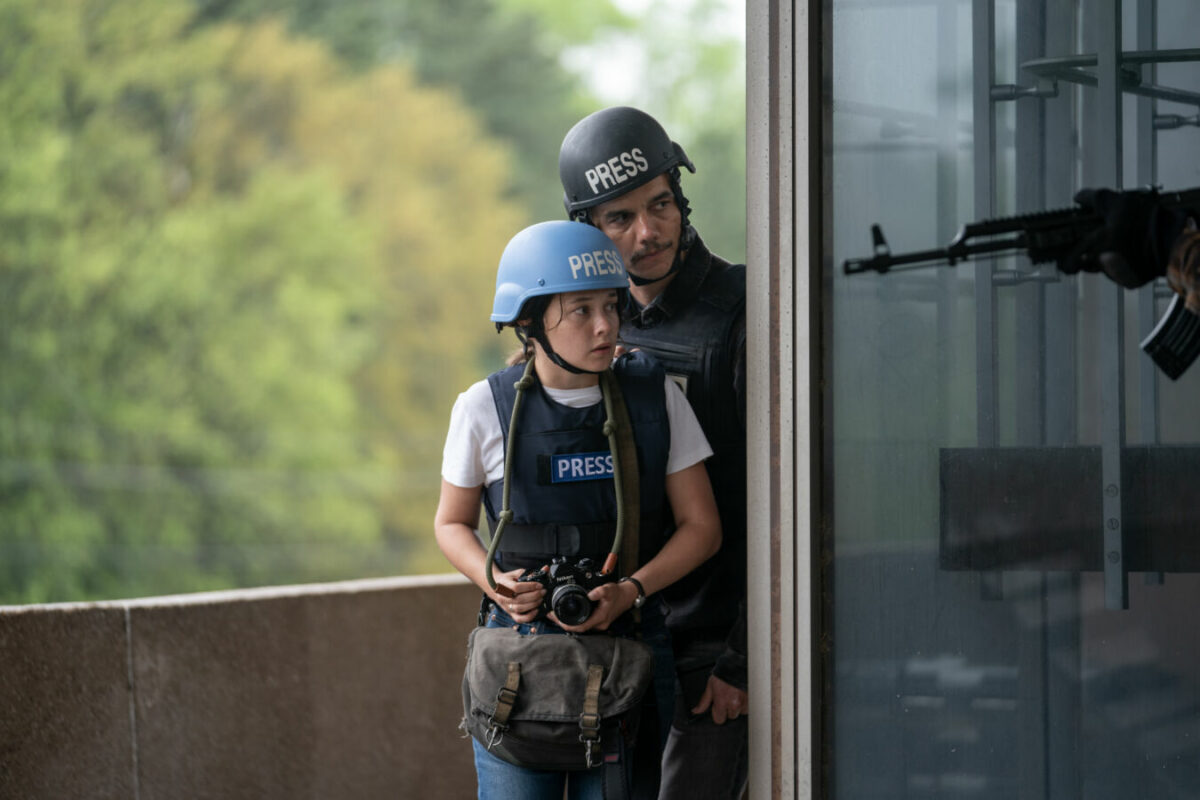
This honesty translates directly to the film’s portrayal of war. Civil War doesn’t shy away from the harsh realities of conflict, creating a grounded and unflinching experience for viewers.
Dunst’s portrayal of Lee wasn’t directly influenced by current events or by any single photojournalist, but documentaries on photojournalists did leave an impression. One such documentary, Under the Wire, featuring war correspondent Marie Colvin, deeply resonated with her. “[Colvin] is so dedicated in such a real and humble way,” Dunst explains.
This admiration for Colvin is echoed in the wider world; her life and work also served as the inspiration for the 2018 war film A Private War, where Rosamund Pike brought Colvin’s story to the screen. This connection underscores the significant influence that journalists have in bringing the realities of conflict zones to the forefront of public consciousness.
Director Garland, known for his meticulously crafted sci-fi films, brings a surprising level of authenticity to Civil War.
“We took all of our visual cues from reality,” he says, indicating a shift from the fantastical to the tangible. By relying on actual locations, Garland anchors the film’s war-torn America in authenticity.
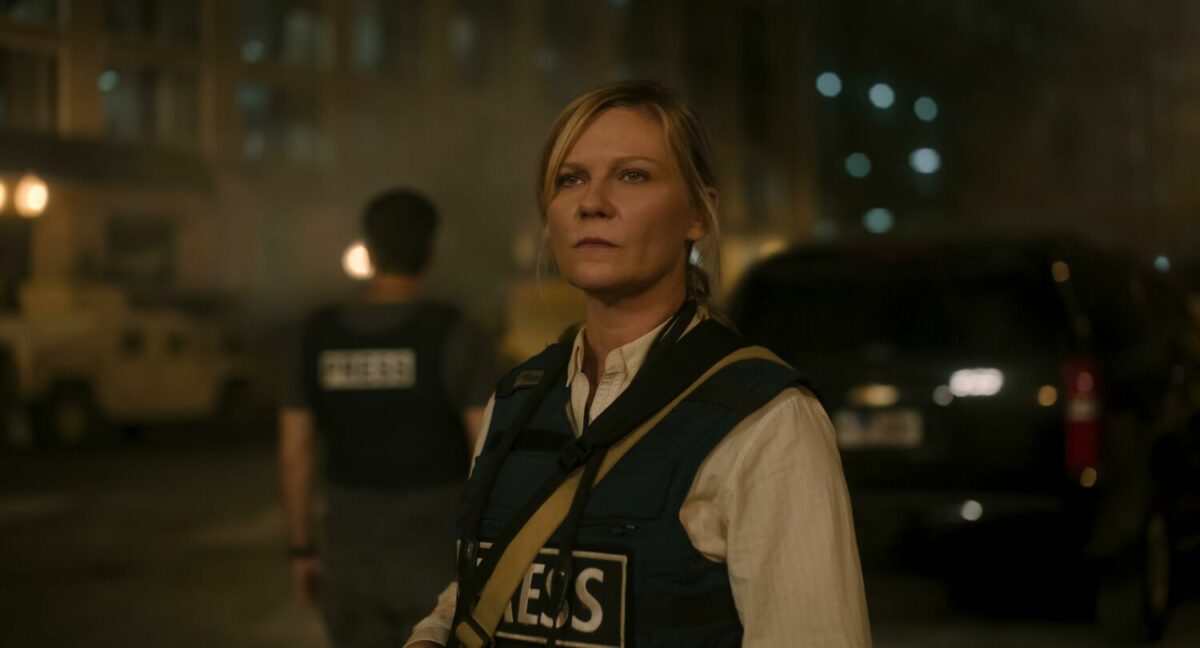
This decision to use found locations – ranging from graffiti-covered football stadiums to abandoned fields with eerie Christmas decorations – rather than constructing grandiose sets, lends the film a gritty and palpable atmosphere. This approach not only enhances the narrative’s believability but also emphasises the starkness of the film’s thematic concerns, marrying the visual with the visceral in a way that starkly mirrors Garland’s previous works.
“So there’s a football stadium, which is completely covered in graffiti because it’s been abandoned for a long time. And that was just a location that we found, we didn’t apply the graffiti. There’s some strange Christmas ornaments lying by the side of the road during the battle between snipers. We found them in a field, abandoned, and just said we’ll use them. In fact, we shot about 100 yards away from where we found them.”
Ultimately, Civil War, which is reportedly Garland’s last film as a director, is not merely to depict a dystopian future but to serve as a clarion call for vigilance against the forces of division that are becoming increasingly prevalent worldwide, emphasising the need for global awareness and proactive engagement with these societal cleavages before they erupt into irreparable damage.

